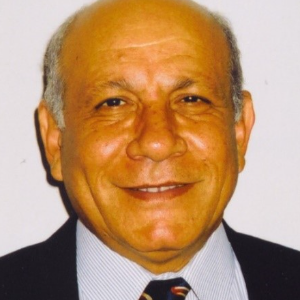Petroleum engineering is an area of engineering concerned with the processes that enable the development and extraction of crude oil and natural gas fields, as well as the technical study, computer modelling, and prediction of future production performance. Petroleum engineering is concerned with determining a field's reserves, petroleum distribution within the reservoir, and the most efficient method of producing it.
The entire oil/gas generating sector is driven by economics. Almost every decision is made based on a cost-benefit analysis. For publicly traded corporations, economic evaluations are also done to estimate reserves and the "standardized measure of worth" for reporting purposes. Petroleum economics entails the use of economic analysis tools at all stages of the development of oil and gas exploration and production projects.
- Petroleum Geology
- Petrophysics
- Petroleum Chemistry
- Petroleum Reservoir
- Petroleum Production, Storage and Transport
- Data Collection and Analysis
- Recent Advancement in Petroleum Industry

Anthony J Sadar
Environmental Science Communication, LLC, United States
Selim Sanad Shaker
Geopressure Analysis Services, United States
Sharma Dronamraju
AKD Professional Solutions Inc., United States
Ross Cygan Taylor
North Sea Transition Authority, United Kingdom
Saleh Alqahtani
Saudi Aramco, Saudi Arabia
Abdulrahman Bahashwan
Saudi Aramco, Saudi Arabia



Title : The Vacuum Insulated Heatable Curtain (vihc): From conceptual invention to market deployment as a cost-effective dual solution for window heat loss reduction and localised radiant comfort
Saim Memon, Sanyou London Pvt Ltd, United Kingdom
Title : Transforming waste plastic into hydrogen: Progress, challenges, and future directions in pyrolysis-based integrated pathways
Nur Hassan, Central Queensland University, Australia
Title : Unlocking UKCS potential through collaborative well interventions
Ross Cygan Taylor, North Sea Transition Authority, United Kingdom
Title : Driving excellence in marginal field development and operations through an integrated smart strategy to unlock challenging sour oil
Sharina Al Muhairi, ADNOC Onshore, United Arab Emirates
Title : Innovative solutions for accurate and efficient gas monitoring
Raysa Bani Ibrahim, Abu Dhabi National Oil Company, United Arab Emirates
Title : Innovative solutions for accurate and efficient gas monitoring
Mariam Alzaabi, Abu Dhabi National Oil Company, United Arab Emirates